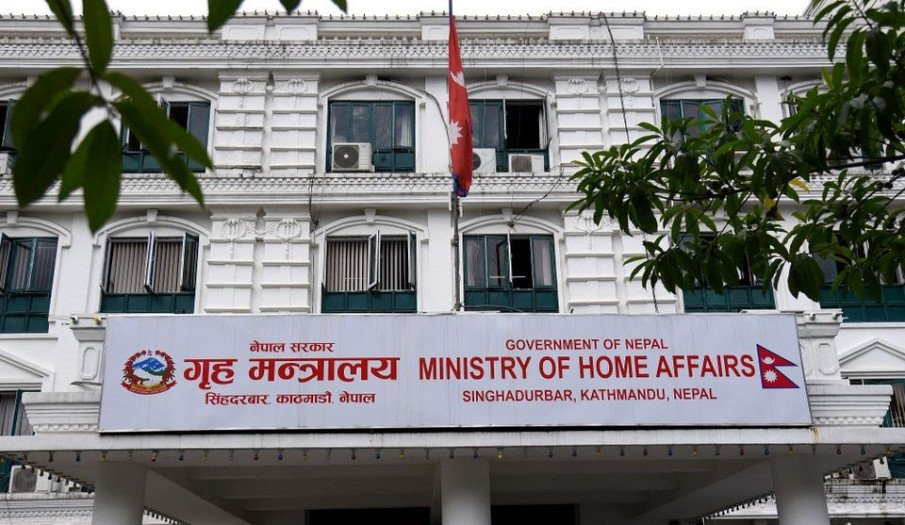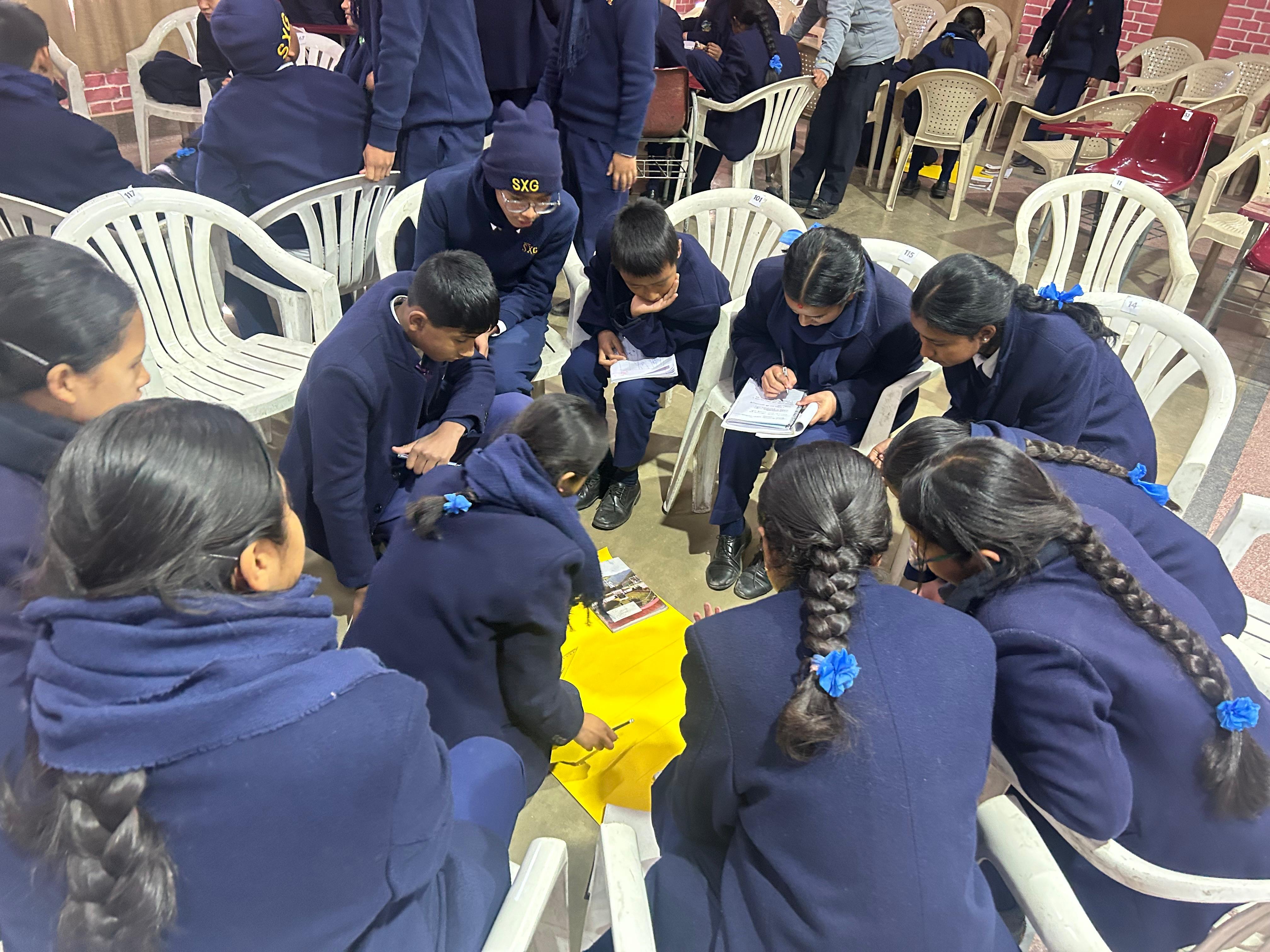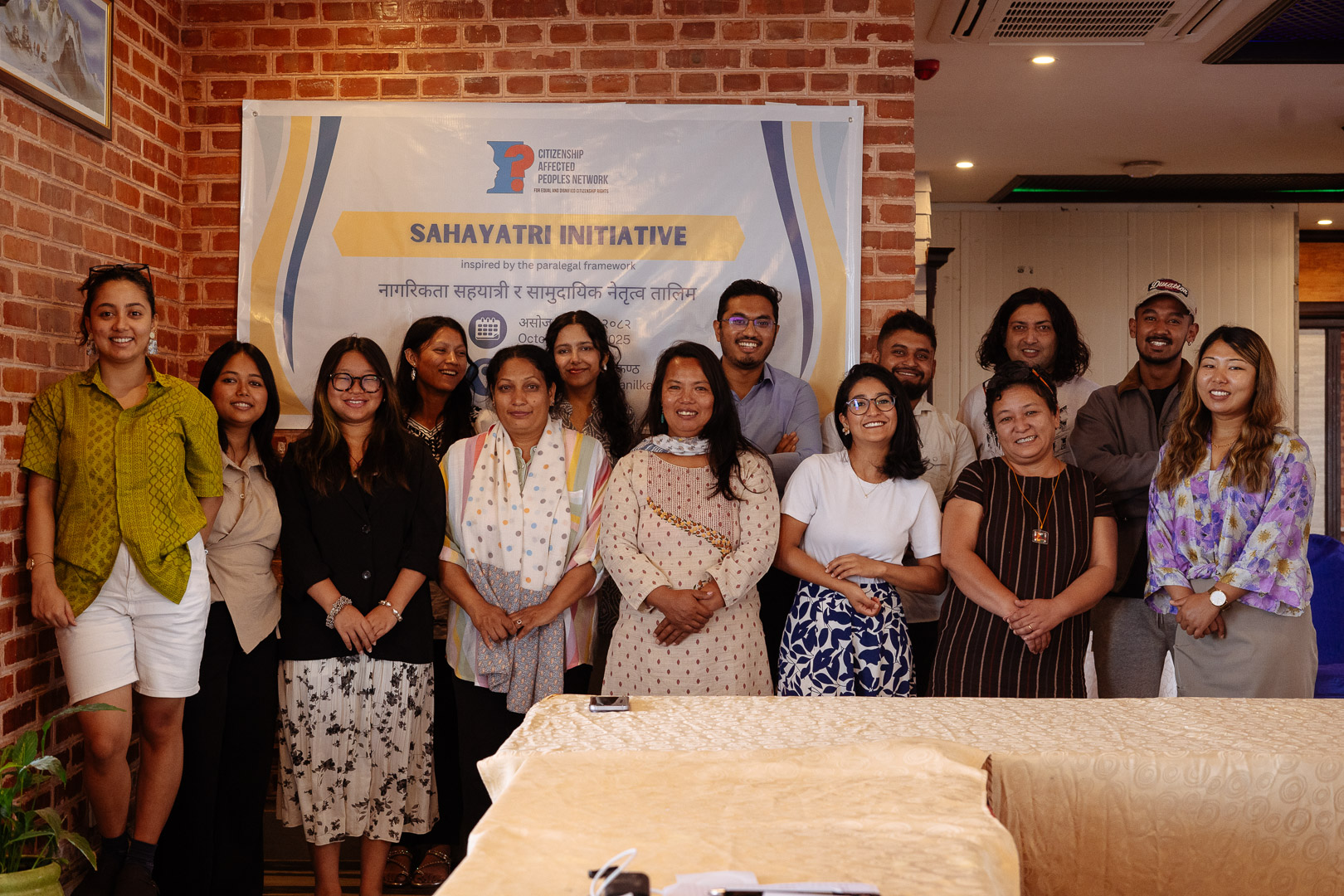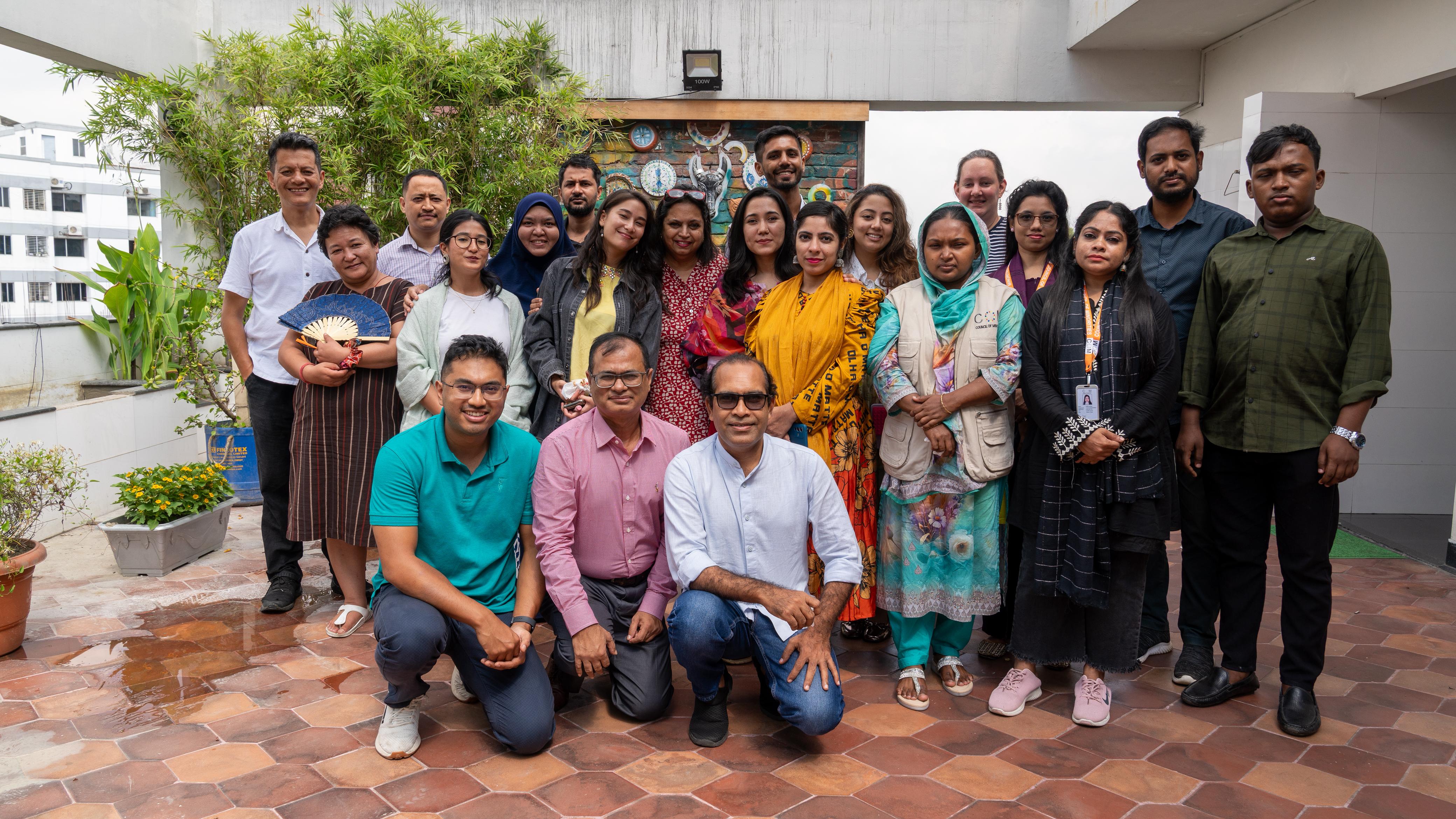CAPN conducted a Key Informant Interview with an official from the Department of National ID and Civil Registration (DONIDCR), Ministry of Home Affairs as a part of our ongoing study on the "Implementation of Citizenship Laws in Nepal." on February 6, 2025. A Key Informant Interview (KII) is an in-depth conversation with a knowledgeable individual, often someone in a position of influence, that allows us to gather valuable insights and firsthand accounts on a specific issue. The Home Ministry of Nepal is a federal governmental body responsible for maintaining peace and security, protecting the lives, wealth and freedom of the people. The DONIDCR works to ensure accurate and reliable record-keeping of vital events, implement the National ID card program, and integrate these systems with social protection initiatives of the Home Ministry. This Key Informant Interview (KII) at DONIDCR explored the proactive role of the Ministry and the Department in advancing the effective implementation of citizenship laws, as well as their efforts toward formulating more inclusive and gender-equal policies. This KII was a significant opportunity for CAPN to engage with the key policymakers and ensure that the study’s findings are based in reality, making our efforts for evidence-based advocacy both credible and impactful. The interview also shed light on the recent citizenship amendment proposed in the parliament, the rationale for introducing a new amendment to further improve the law, following the one passed in 2021. Moreover, it also highlighted how the new proposed citizenship amendment will make the citizenship acquisition process easier and accessible especially for women and girls. Additionally, the KII also outlined the potential barriers that may be faced by the Ministry in implementing these citizenship laws and acts. Hence, the KII played a vital role in strengthening CAPN’s grassroots advocacy by linking community-level concerns with national policy implementation agencies. The firsthand insights from the Ministry, elevated the findings and recommendations of our research and also helped align our advocacy strategies for inclusive reform.

CAPN
Citizenship Affected People’s Network (CAPN) is dedicated to advocating for equal citizenship rights in Nepal. Through legal support, awareness campaigns, and community initiatives, we strive to end discriminatory laws and ensure legal identity for all.
@Copyright 2026. CAPN Nepal. All rights reserved.



